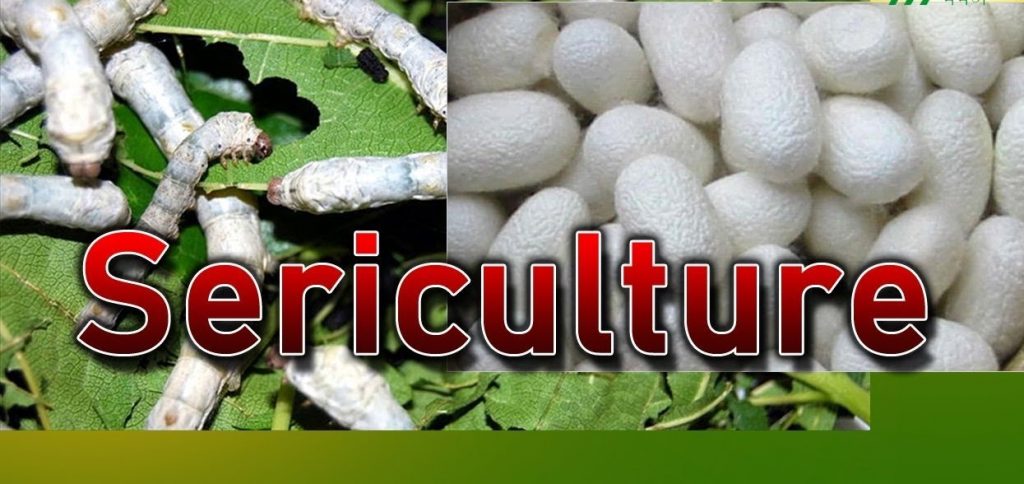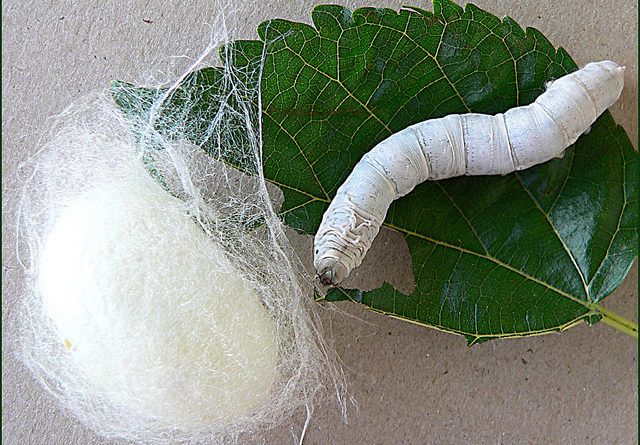Best Option To Boost Kashmir’s Rural Economy
By Syed Burhan Rubbani
The art of silk production is called sericulture that comprises the cultivation of mulberry, silkworm rearing, and post cocoon activities leading to silk yarn production. Sericulture provides gainful employment, economic development and improvement in the quality of life to the people in the rural area.
Therefore, it plays a vital role in anti-poverty programmes and prevents the migration of rural people to urban areas in search of employment. Hence several developing nations like China, India, Brazil, Thailand, Vietnam, Indonesia, Egypt, Iran, Sri Lanka, Philippines, Bangladesh, Nepal, Myanmar, Turkey, Papua New Guinea, Mexico, Uzbekistan and some of the African and Latin American countries have taken up Sericulture to employ the people in the rural area.
India has the unique distinction of being the only country producing all the five available commercial silks: mulberry, tropical Tasar, oak Tasar, Eri and Muga. Muga, with its golden yellow glitter, is unique and prerogative of India.

In India, silk has been intermingled with the life and culture of the Indians. India has a rich and complex history in silk production, and its silk trade dates back to the 15th century. The Sericulture industry employs approximately 8.7 million persons in rural and semi-urban areas in India. A sizeable number of workers belong to the economically weaker sections of society, including women. India’s traditional and culture-bound domestic market and an amazing diversity of silk garments that reflect geographic specificity have helped the country achieve a leading position in the silk industry.
PROBLEMS FACED IN SERICULTURE IN JAMMU KASHMIR
Silkworm seeds are distributed more than the requirement as per reports, which lead to leaf shortage in the later stages of rearing. Farmers conduct rearing in dwelling houses without proper ventilation and do not have separate rearing houses.
They are reluctant to disinfect their houses properly as they live in the same houses. Unhygienic methods of rearing lead to disease outbreaks.
Most of the farmers are supplied with incubated seed only and not the chawkie worms.
Farmers use neither stands nor trays for rearing silkworms and rear them either on floors or temporary shelves under crowded conditions. Poor quality of mulberry leaf leads to prolonged larval life. Monocropping and low leaf production from age-old plants of inferior genetic stock.
The spinning of cocoons is not done correctly, and sun-drying of cocoons is widespread, affecting the reliability and quality of silk. Due to these defects, farmers are unable to get remunerative prices for their cocoons. Weak sericulture extension mechanism. Marketing facilities are not adequate.

Leave a Reply